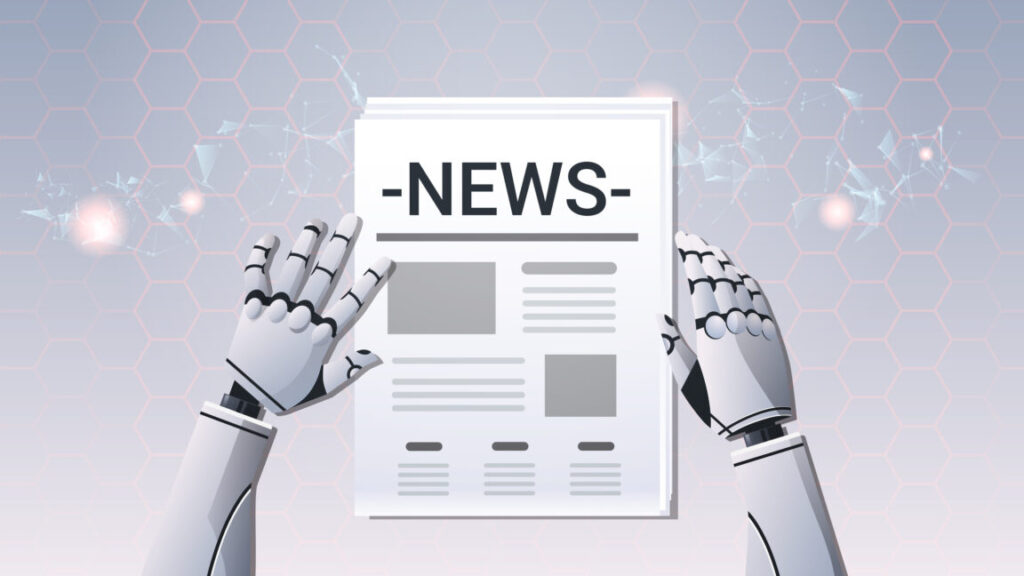“Taken as true, these facts give rise to a plausible inference that defendants at a minimum had reason to investigate and uncover end-user infringement,” Stein wrote.
To Stein, the fact that OpenAI maintains an “ongoing relationship” with users by providing outputs that respond to users’ prompts also supports contributory infringement claims, despite OpenAI’s argument that ChatGPT’s “substantial noninfringing uses” are exonerative.
OpenAI defeated some claims
For OpenAI, Stein’s ruling likely disappoints, although Stein did drop some of NYT’s claims.
Likely upsetting to news publishers, that included a “free-riding” claim that ChatGPT unfairly profits off time-sensitive “hot news” items, including the NYT’s Wirecutter posts. Stein explained that news publishers failed to plausibly allege non-attribution (which is key to a free-riding claim) because, for example, ChatGPT cites the NYT when sharing information from Wirecutter posts. Those claims are pre-empted by the Copyright Act anyway, Stein wrote, granting OpenAI’s motion to dismiss.
Stein also dismissed a claim from the NYT regarding alleged removal of copyright management information (CMI), which Stein said cannot be proven simply because ChatGPT reproduces excerpts of NYT articles without CMI.
The Digital Millennium Copyright Act (DMCA) requires news publishers to show that ChatGPT’s outputs are “close to identical” to the original work, Stein said, and allowing publishers’ claims based on excerpts “would risk boundless DMCA liability”—including for any use of block quotes without CMI.
Asked for comment on the ruling, an OpenAI spokesperson declined to go into any specifics, instead repeating OpenAI’s long-held argument that AI training on copyrighted works is fair use. (Last month, OpenAI warned Donald Trump that the US would lose the AI race to China if courts ruled against that argument.)
“ChatGPT helps enhance human creativity, advance scientific discovery and medical research, and enable hundreds of millions of people to improve their daily lives,” OpenAI’s spokesperson said. “Our models empower innovation, and are trained on publicly available data and grounded in fair use.”


